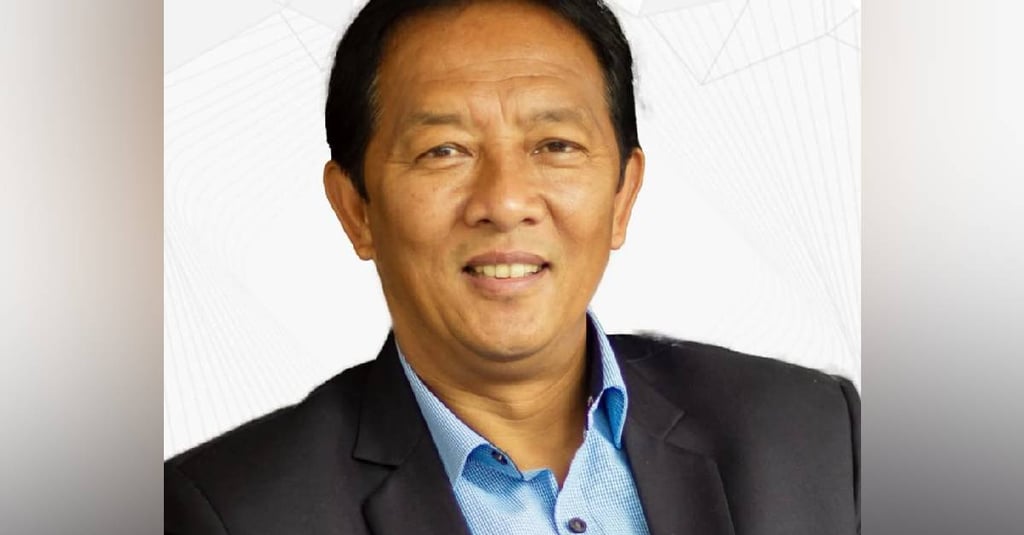Binoy Tamang criticizes arrests of Gorkha Seva Sena members, urges unity amid Sikkim-Darjeeling tensions
Tamang further questioned the necessity of the arrests, asking what specific crime had been committed to justify the Sikkim Police coming to Bengal to detain the two men.
LOCAL


Senior political leader and former chairman of the Gorkhaland Territorial Administration, Binoy Tamang, has strongly criticised the recent arrests of two Gorkha Seva Sena activists, Subash Mani Singh and Bikramadi Rai, by Sikkim Police. In a statement issued from Darjeeling on June 7, Tamang expressed concern over what he described as an attempt to silence democratic voices through the use of police power.
The two activists were arrested from their residences in Kalimpong and Darjeeling respectively, following a First Information Report (FIR) filed by the Sikkim Government. They, along with another member Noel Sharma, are accused of misusing the official emblem of the Sikkim Government in connection with a controversial event discussing the potential unification of Darjeeling and Sikkim. Police also allege that they spread misinformation that could disturb public order.
However, Binoy Tamang defended the arrested individuals, stating that they had merely exercised their constitutional rights as citizens. “Raising voices on constitutional issues is not a crime; it is a right,” Tamang said. He stressed that any debate about the legitimacy of their demands should be addressed by the Central Government under constitutional guidelines, not suppressed through police action.
Tamang further questioned the necessity of the arrests, asking what specific crime had been committed to justify the Sikkim Police coming to Bengal to detain the two men. “If objectionable statements were made, the Sikkim courts could have summoned them legally to record their statements. Arresting them in this way creates an atmosphere of fear,” he said.
He likened the action of the Sikkim Government to the Bengal Government’s past attempts to suppress voices from Darjeeling Hills, Terai, and Dooars who have advocated for self-reliance and political recognition. “It is unfortunate that instead of dialogue and mutual respect, state machinery is being used to curb democratic expression,” he added.
In his appeal, Tamang urged that both Singh and Rai be treated with dignity while in judicial custody. “The situation should not lead to bitterness between the people of Sikkim and Darjeeling. The onus lies on the Sikkim Government to ensure peace and goodwill,” he said.
He also called for unity among political parties and leaders in the Darjeeling Hills, Terai, and Dooars, warning that internal divisions have left the region vulnerable to external interference. “It is time we unite for our self-reliance. We must not allow any force — be it from Bengal or Sikkim — to undermine our collective voice,” Tamang said.
